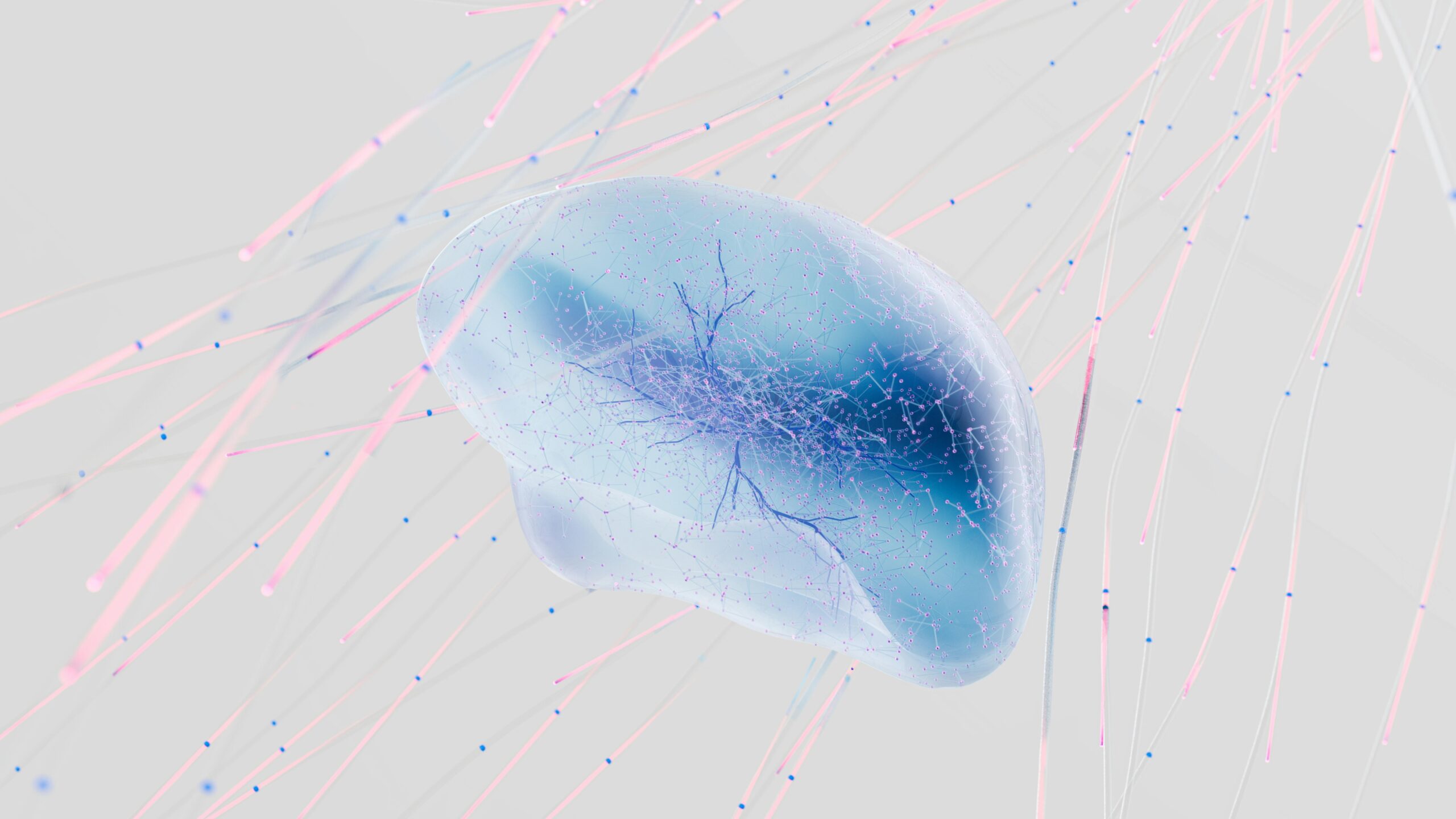
In an era marked by rapid technological advancements, neurotechnology innovations are at the forefront of transforming how humans interact with machines and each other. Harnessing the power of brain-computer interfaces (BCIs), these cutting-edge technologies enable direct communication between the human brain and external devices, unlocking unprecedented possibilities for enhanced human interaction.
According to a recent report by Grand View Research, the global brain-computer interface market is projected to reach $3.85 billion by 2027, driven by growing applications in healthcare, gaming, and communication sectors.
Unlocking the Potential of Brain-Computer Interfaces
Brain-computer interfaces (BCIs) represent a groundbreaking innovation in the field of neurotechnology, allowing individuals to control electronic devices and software applications using their brain activity. By capturing and interpreting neural signals, BCIs enable seamless interaction with computers, smartphones, prosthetic limbs, and even virtual reality environments. This revolutionary technology holds immense promise for individuals with disabilities, empowering them to regain independence and improve their quality of life. Moreover, BCIs offer new avenues for immersive gaming experiences, cognitive enhancement, and communication assistance, driving innovation across various industries and reshaping the way we interact with technology.
Enhancing Healthcare and Wellness
In the healthcare sector, brain-computer interfaces are revolutionizing diagnosis, treatment, and rehabilitation processes. BCIs enable neuroscientists and clinicians to monitor brain activity in real-time, providing valuable insights into neurological disorders such as epilepsy, stroke, and Parkinson’s disease. Additionally, BCIs offer novel therapeutic approaches for individuals with spinal cord injuries or motor impairments, enabling them to regain mobility and control over their movements. Furthermore, BCIs hold promise for mental health applications, facilitating neurofeedback therapy and brain training exercises to improve cognitive function and emotional well-being.
Fostering Collaboration and Communication
Beyond healthcare, brain-computer interfaces are transforming how humans collaborate and communicate in various settings. In the workplace, BCIs can enhance productivity and creativity by enabling seamless interaction with digital tools and interfaces. For example, researchers are exploring the use of BCIs for hands-free typing, cursor control, and multitasking, allowing users to navigate complex workflows with ease. Moreover, BCIs hold potential for revolutionizing education and training, enabling immersive learning experiences and personalized instruction based on individual cognitive profiles. By bridging the gap between humans and machines, BCIs pave the way for more inclusive, efficient, and interconnected societies.
Ethical Considerations and Privacy Concerns
Despite the remarkable advancements in neurotechnology and brain-computer interfaces, it is imperative to address ethical considerations and privacy concerns surrounding their implementation. As BCIs become more widespread, questions arise regarding the ownership and security of neural data, as well as the potential for misuse or manipulation of brain signals. Safeguarding individuals’ privacy and autonomy is paramount, necessitating robust regulatory frameworks and ethical guidelines to govern the responsible development and deployment of BCIs. Furthermore, ensuring equitable access to neurotechnology is essential to prevent exacerbating existing inequalities and disparities in healthcare and education. By prioritizing ethical principles and fostering transparency in neurotech research and implementation, we can maximize the societal benefits of BCIs while minimizing potential risks and ethical dilemmas.
Future Directions and Innovations
Looking ahead, the future of neurotechnology and brain-computer interfaces is filled with exciting possibilities and innovations. Researchers are exploring novel applications of BCIs in areas such as neurorehabilitation, brain-controlled robotics, and neuroprosthetics, aiming to enhance human capabilities and improve quality of life for individuals with disabilities. Additionally, advancements in neuroimaging techniques, machine learning algorithms, and neural interface design are poised to unlock new insights into the workings of the human brain and accelerate the development of next-generation BCIs. As the field continues to evolve, interdisciplinary collaboration and innovation will be key to unlocking the full potential of neurotechnology and shaping a future where human-machine symbiosis thrives.
Empowering Humanity through Technology
In conclusion, neurotechnology and brain-computer interfaces represent a paradigm shift in human-computer interaction, offering unprecedented opportunities to enhance communication, collaboration, and well-being. As pioneers in software development, Coding Brains is committed to leveraging the power of neurotechnology to empower humanity and drive positive change in the world. By embracing innovation, fostering ethical practices, and prioritizing human-centric design, we can harness the transformative potential of BCIs to create a more inclusive, accessible, and interconnected society. Together, let’s continue pushing the boundaries of possibility and shaping a future where technology serves as a catalyst for human flourishing and collective progress.
Conclusion:
As we embrace the possibilities of neurotechnology and brain-computer interfaces, Coding Brains stands at the forefront of innovation, driving transformative solutions that redefine human interaction and empower individuals worldwide. Through our cutting-edge software development expertise, we are committed to harnessing the power of BCIs to enhance communication, collaboration, and well-being across diverse industries and communities. Together, let’s unlock the full potential of neurotechnology and shape a future where human-machine interaction knows no bounds. Contact us today to embark on your journey towards a smarter, more connected world.


Leave a Reply